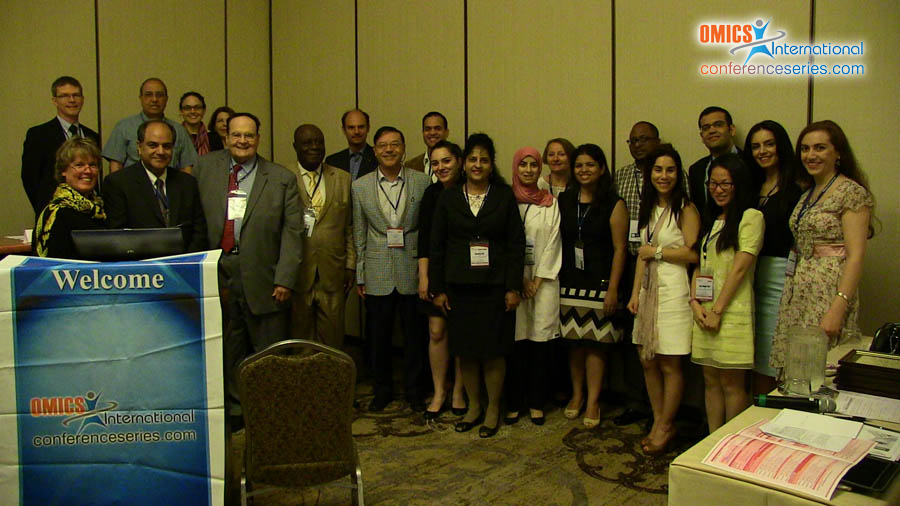
Jing Shang Silin
China Pharmaceutical University
PR China
Title: The pathogenetic analysis of HPA axis regulated skin disorders- New inspiration on related drug development
Biography
Biography: Jing Shang Silin
Abstract
Skin disease belongs to a complex disease, such as vitiligo, psoriasis, alopecia areata, atopic dermatitis, etc. Its specific mechanism is so far unclear. There is a great difficulty in treatment, enough to cause much pain to the patient. Skin is as the largest organ of the human body. Its existence is not just for the body barrier to the outside threatened homeostasis, and the skin and its accessories is widely innervated, the sensory nerve in the skin is directly upward to the cerebral cortex. The skin can be independent to synthetize and secret the stress hormones to maintain local and systemic homeostasis, and is also one of the biggest target organs of these hormones. Taken together, the skin is as the body's largest neuroendocrine and immune organs. Clinical survey found that the onset and development of many skin diseases were closely related to mental factors. A variety of skin diseases are contributed to the liability under psychological stress, such as urticant, atopic dermatitis, urticaria, psoriasis, acne, hair loss, etc. Mental stress can induce or aggravate the skin disorders. Psychological soothing and keeping a good state of mind can both help to alleviate these diseases. Now, for the pathogenesis analysis of these diseases, a preliminary study suggests that these skin diseases including psoriasis, vitiligo, alopecia areata, atopic dermatitis, etc., indeed have associations with mental stress. When the body responds to mental stress, the skin will present a corresponding change, such as hot flashes, sweating, etc. In addition to these visible external reactions, we also found that the skin showed significantly increased immune cells and mast cell degranulation. Large number of experimental and clinical studies proved that mental stress involved in the development and progression of many skin diseases. In response to mental stress, the body starts the hypothalamus - pituitary - adrenal (HPA) axis to combat stress conditions. Meanwhile, skin has its own HPA axis to respond to external stress and regulate skin function such as melanogenesis. Therefore, there is a problem that how HPA axis mediates the effect of mental stress on skin function, so as to promote the occurrence and development of skin diseases. To study the skin's response in face of mental stress and to explore the etiology and pathogenesis of skin diseases related to mental factors, it is of great significance and importance to the exploration of treatment targets and methods involved in skin disease. This topic aims to study on the role of HPA axis in mental stress affecting skin functions, and investigate the mechanism of natural medicine HZCZ for regulating skin functions in a multi-target manner. This study provides a new idea of drug development for complex disease.


